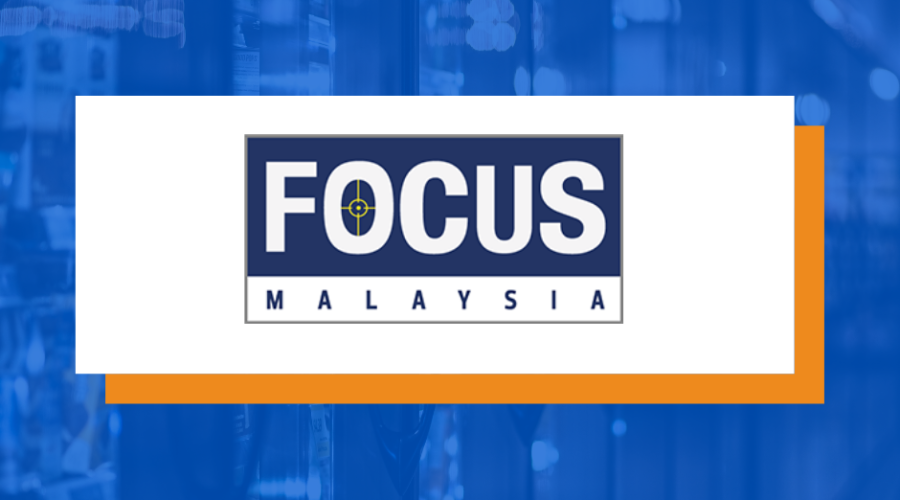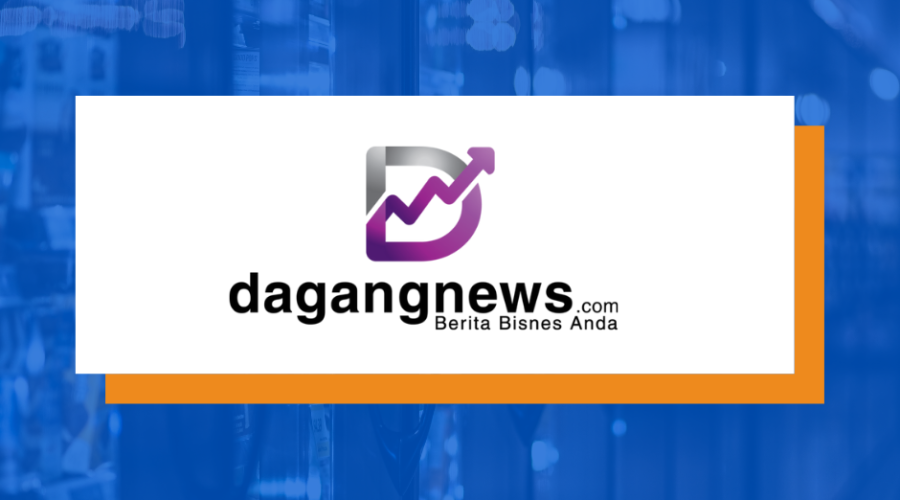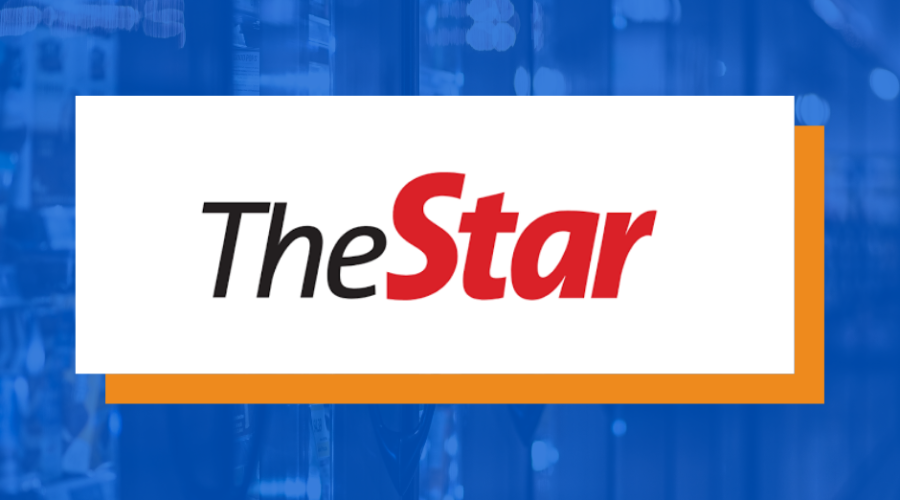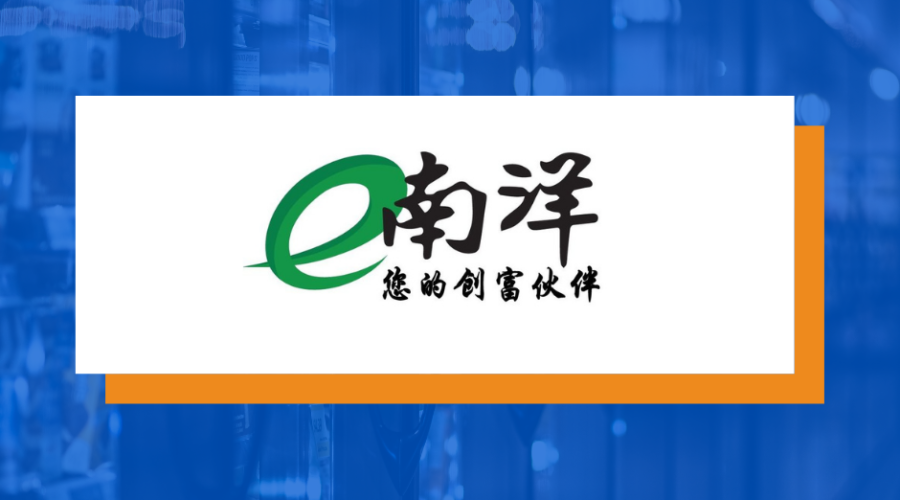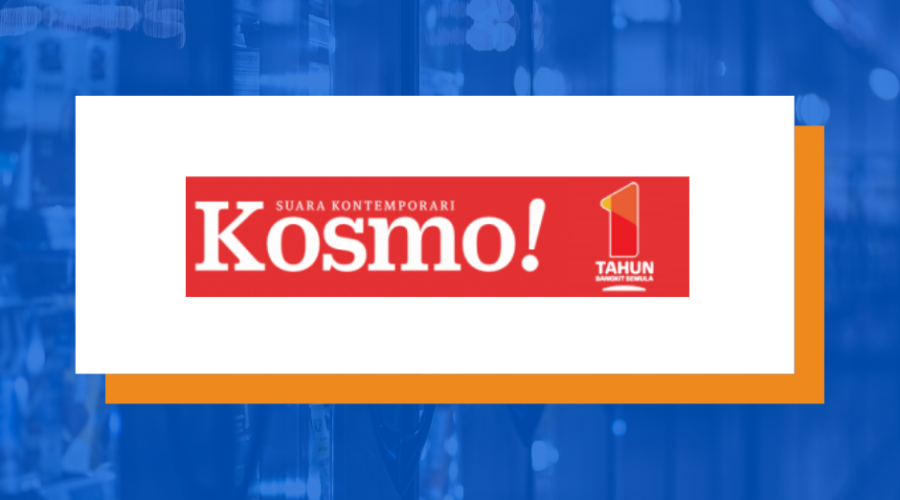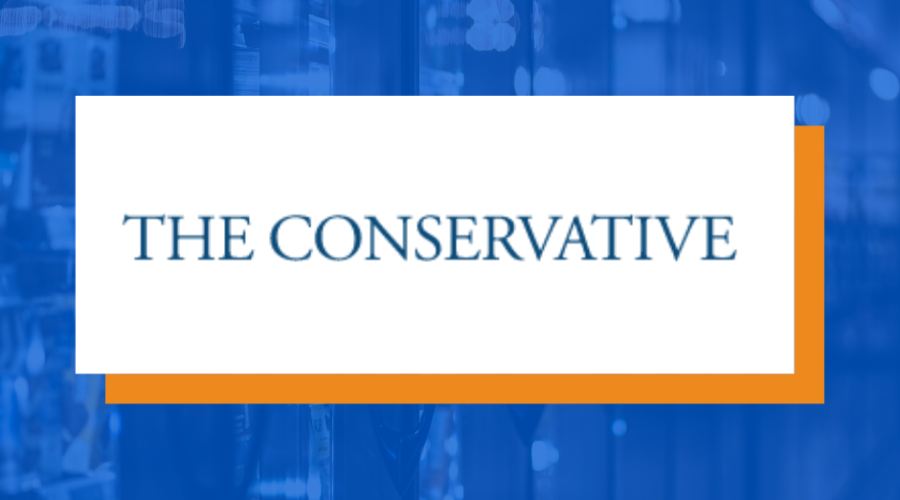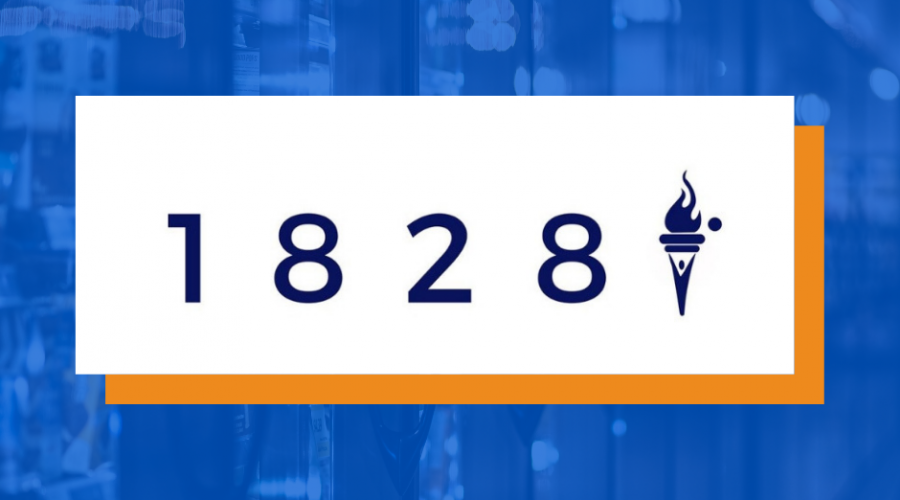Protect consumers from potential black market surge
GREATER enforcement efforts from the authorities and a robust consumer education campaign are critical to stemming the expected increase of black market goods resulting from the increasing cost of essential goods and income crunch faced by Malaysians.
This follows recent news reports that coffee shop operators were forced to increase their prices in tandem with the price increase of essential products like condensed and evaporated milk, sugar and plastic bags which eventually led to the rise in their operation cost.
“The spike in prices of essential items may be indicative of broad-base inflation setting in as a result of the low-interest rate regime,” commented Consumer Choice Centre (CCC) managing director Fred Roeder.
This can be problematic as household incomes have not recovered from the impact of the COVID-19 crisis and income stretched consumers will naturally turn to cheaper alternatives for their everyday goods and services.
“We believe that criminal syndicates will seize this opportunity to bolster the supply of black market products into the Malaysian market, and they would be enabled by the opening of borders between states and very soon, countries,” opined Roeder.
Read the full article here
